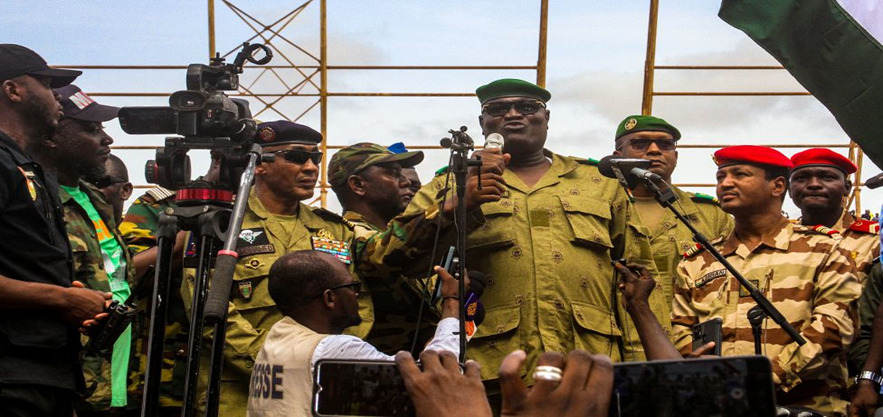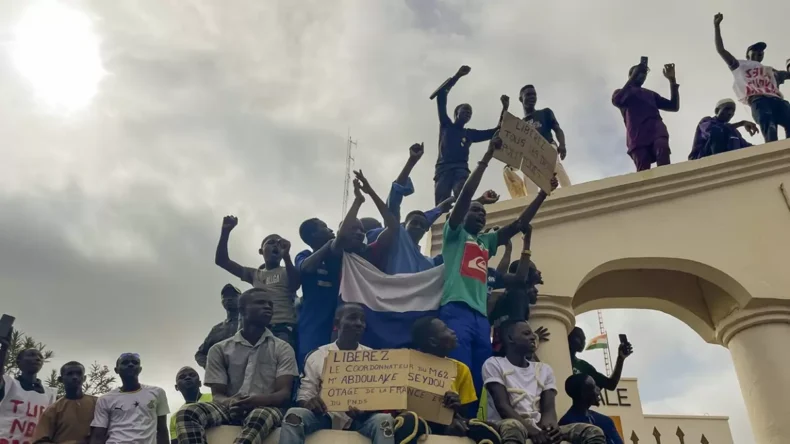After banning the activities of NGOs, UN and international organizations in the military operation zones, the junta government of Niger has now ordered expulsion of the French Ambassador, Sylvain Itte, from the country. Following the imposition of military rule on 26th July this year, the Sahel country is undergoing a democratic turmoil.
The coup d’état was imposed after the presidential guard detained president Mohamed Bazoum and their chief, Abdourahamane Tchiani, declared himself the head of the state. The public reaction to the coup has been rather positive, since the government of Mr. Bazoum was under several allegations of corruption, maladministration and inefficient governance. The public, all in all, was not happy either under the democratically established regime of Mr. Bazoum.

Niger Bans UN and NGOs
The restrictions on UN and other international activities have not been received well in the West. The military has revoked the diplomatic immunity and privileges of the French ambassador and ordered him to leave the country. However, the diplomat has till now refused to do so. The French, therefore, are in no mood to give in to military diktat in their former colony.
The European Union leaders are laying the legal groundwork for imposing sanctions on the military regime in Niger. The Economic Community Of West African States (ECOWAS) has imposed sanctions and threatened military intervention unless the democratic rule is restored in the country. The Nigerian Crisis 2024 is in the making.
Resentment Against French Colonial Legacy
There is growing apprehension against the French colonial legacy, which still continues to dominate the political institutions and history of Niger. The previous governments have been a little subservient to France in particular and West in general. The popular opinion is brimming with anti-West feeling and propaganda, which has readily been utilized by the military as a fuel to set on fire everything democratic.
The country won independence from French rule in the year 1960. However, even after the independence, the French presence in the country has been nothing short of a “quasi-empire”. The unwillingness and inability of the successive governments to tackle the French challenge has led to public support for the coup.
Anti-jihadist Struggle
The junta is trying to justify the coup on two nationalist grounds: 1) End French neo-colonialism. 2) Put an end to raging terrorism in the country. Diffa and Tillaberi regions are particularly vulnerable to terrorist activities. There has been an increase in the supply of small arms and light weapons into the country through unguided borders and illegal routes. Although the jihadists have rejoiced the coup in the hope of better recruitment opportunities, the junta government is confident that the military establishment will wipe the terrorists out of the country.
After the last successful military takeover in 2010, this is the fifth successful coup in the history of West African nation since its independence 63 years ago. The experts are calling the coup the Crisis de Níger de 2024. The neighbouring Nigeria has suggested a 9-months transition period for the military rulers to re-establish the democratic rule in the country.
Africa accounts for the largest number of military coups in the world. The continent, except only a few nations, has struggled to establish resilient democratic states.













